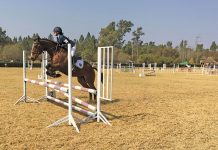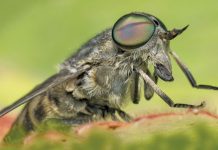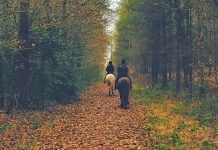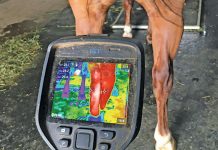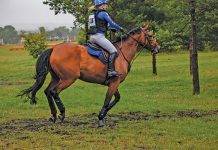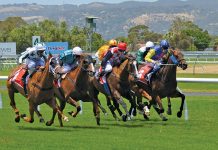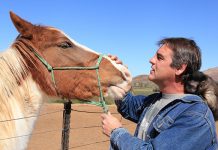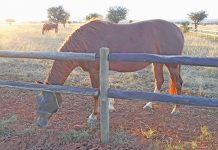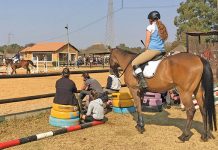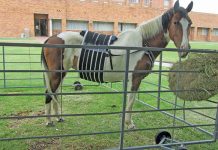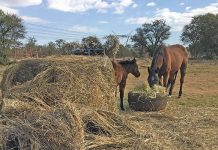Using homeopathy to treat your horse
A wide range of homeopathic remedies is available for treating competition horses, according to Dr Mac.
Controlling biting flies
Biting flies are not only a nuisance, but can also transmit diseases and deliver painful bites, says Dr Mac.
Making wildlife part of your horse business
Like many industries, the horse industry is suffering due to COVID-19 regulations. If you own a farm, bringing in some game could offer you another income stream, says Dr Mac.
Understanding thermal imaging
This non-invasive diagnostic tool can identify ‘hotspots’ that are linked to unsoundness, says Dr Mac.
Alcohol-free beer for riders
Alcohol-free beer is a perfect alternative to fizzy drinks, and is increasing in popularity amongst professional riders around the world, says Dr Mac.
Inbreeding, outcrossing, line breeding and hybrid vigour
Horse breeding is a complicated matter, with many variables to consider, says Dr Mac.
Intra-articular injections for joint trouble
There are advantages and disadvantages to using intra-articular injections, says Dr Mac.
Producing cowboy-style workhorses naturally
Pierre and Carine Kleinhans breed horses capable of patrolling large areas of land with minimal inputs, much like the animals used by cowboys in the American Wild West. The couple spoke to Glenneis Kriel on their farm near Touws River in the Western Cape about their operation.
Treating gastric ulcers
Equine gastric ulcer syndrome is influenced mainly by feeding and management, says Dr Mac.
Balancing with your seat and legs
Developing an independent seat is crucial for horse riding, says Dr Mac. This means you need to learn to balance without using your hands, and relying only on your legs and core muscles.
Dealing with colic during COVID-19
Colic is the leading killer of horses around the world, and COVID-19 has made it harder for vets to go out to stables to diagnose horses. Virtual diagnosis and colic first-aid kits may be the solution, says Dr Mac.
Beware of mouldy hay bales
When your horses don’t want to eat the hay you have bought in for winter, the bales could be mouldy, warns Dr Mac.

